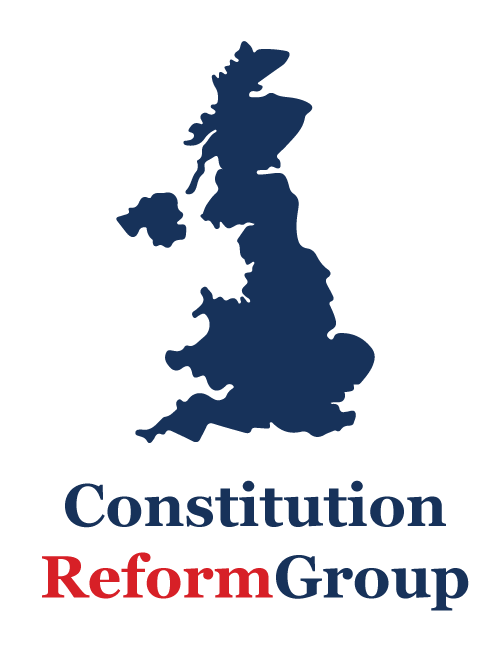The Union of Northern Ireland, Wales, Scotland and England no longer seems secure. In September 2014 Scotland voted by a clear majority to retain the Union, a vote that even Alex Salmond said would settle the matter for a generation has done nothing of the kind. On the 23rd June 2016, 52% of the British public voted to leave the European Union. What does this mean for the UK’s constitutional settlement?
Westminster politicians who wish to retain the Union have responded in ways which make them appear reactive to current events instead of deliberating and proactively strengthening the Union. And some English are already writing off the Union and adding, so far under their breaths, “if that is what the Scots want, good riddance!”
There are, however, many in all four nations of the United Kingdom who will fight its demise. They do so out of a sense not only that we are stronger together, but in an increasingly unpredictable and volatile world, that we would be dangerously weaker apart.
Many such people hold and have held positions of power and responsibility in United Kingdom institutions. Many more have not, but hold dear the history of the United Kingdom, its values and potential. They include many of recent immigrant descent who see themselves as British rather than English, Scottish, Welsh or Northern Irish.
They recognise that our present constitutional arrangements are becoming an inchoate muddle. No longer the Unitary state of 1997, constitutional opportunism in reaction to strident demand risks putting more weight on our existing institutions than they can bear. They are beginning to run out of flexibility.
The Constitution Reform Group would like to give a voice to such people. We recognise that the British now need a national debate which aims to build a consensus for a new Act of Union. This new Act must not be the product of arcane discussions between experts and academics. It must be clear enough in its principles and provisions to command the understanding and support of the British public in all corners of the kingdom. The experts and the academics can act as the legislative housemaids on the detail.
We launched this public debate with a short paper in September 2015, followed by a draft Act of Union Bill which was published in July 2016. The Act of Union Bill 2018 was introduced as a Private Member’s Bill in the House of Lords on 9 October 2018 by Lord Lisvane when it received a formal first reading. It is currently awaiting a second reading. This Act, once passed, could then be put to the electorate in a post-legislative referendum.
The Constitution Reform Group consists of a number of former and practising politicians of all the principal United Kingdom parties, a number of academics, former officials in Parliament and government, as well as ordinary citizens. We are aware that other groups are forming and that many conversations are taking place similar in substance to our own. We have been pleased with the enthusiastic reaction we have received from those we have already approached as potential “correspondents” and aim to link with other groups and individuals with a view to establishing a network which can stimulate the national conversation the country needs.


